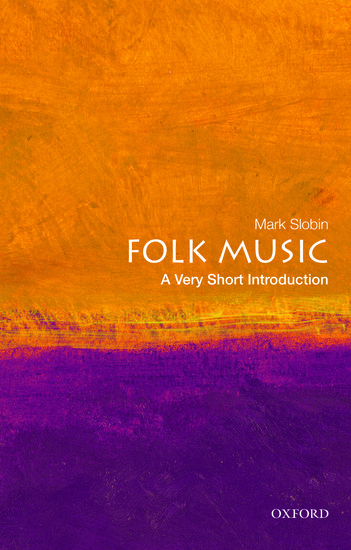Home >
A Very Short Introduction >
Humanism (Art)
A Very Short Introduction | Art
Humanism
ISBN: 9780195395020
Series: A Very Short Introduction
Humanism (Art)
A Very Short Introduction Humanism (Art) Media > Books > Non-Fiction > Education Books Expect Delays of Up to 4 Weeks| Order Below |
ISBN
9780195395020 (10-digit ISBN: 0195395026)
- Description
- Key Features
- Series Description
- Table of Contents
- Explores humanism as a positive alternative to religion
- Examines the history of humanism as a movement up to the present day
- Looks at the role of humanist ceremonies and humanist views on education
- Considers the importance of a secular society
- Explores the idea of leading a purposeful and meaningful life without religion
Religion is currently gaining a much higher profile. The number of faith schools is increasingly, and religious points of view are being aired more frequently in the media. As religion's profile rises, those who reject religion, including humanists, often find themselves misunderstood, and occasionally misrepresented. Stephen Law explores how humanism uses science and reason to make sense of the world, looking at how it encourages individual moral responsibility and shows that life can have meaning without religion. Challenging some of the common misconceptions, he seeks to dispute the claims that atheism and humanism are 'faith positions' and that without God there can be no morality and our lives are left without purpose. Looking at the history of humanism and its development as a philosophical alternative, he examines the arguments for and against the existence of God, and explores the role humanism plays in moral and secular societies, as well as in moral and religious education. Using humanism to determine the meaning of life, he shows that there is a positive alternative to traditional religious belief.
Oxford's Very Short Introductions series offers concise and original introductions to a wide range of subjects--from Islam to Sociology, Politics to Classics, Literary Theory to History, and Archaeology to the Bible.
Not simply a textbook of definitions, each volume in this series provides trenchant and provocative--yet always balanced and complete--discussions of the central issues in a given discipline or field. Every Very Short Introduction gives a readable evolution of the subject in question, demonstrating how the subject has developed and how it has influenced society. Eventually, the series will encompass every major academic discipline, offering all students an accessible and abundant reference library.
Whatever the area of study that one deems important or appealing, whatever the topic that fascinates the general reader, the Very Short Introductions series has a handy and affordable guide that will likely prove indispensable.
Please note: As this series is not ELT material, these titles are not subject to discount.
Introduction
1: The history of humanism
2: Arguments for the existence of God
3: An argument against the existence of God
4: Humanism and morality
5: Humanism and secularism
6: Humanism and moral and religious education
7: The meaning of life
8: Humanist ceremonies
Religion is currently gaining a much higher profile. The number of faith schools is increasingly, and religious points of view are being aired more frequently in the media. As religion's profile rises, those who reject religion, including humanists, often find themselves misunderstood, and occasionally misrepresented. Stephen Law explores how humanism uses science and reason to make sense of the world, looking at how it encourages individual moral responsibility and shows that life can have meaning without religion. Challenging some of the common misconceptions, he seeks to dispute the claims that atheism and humanism are 'faith positions' and that without God there can be no morality and our lives are left without purpose. Looking at the history of humanism and its development as a philosophical alternative, he examines the arguments for and against the existence of God, and explores the role humanism plays in moral and secular societies, as well as in moral and religious education. Using humanism to determine the meaning of life, he shows that there is a positive alternative to traditional religious belief.
Key Features
- Explores humanism as a positive alternative to religion
- Examines the history of humanism as a movement up to the present day
- Looks at the role of humanist ceremonies and humanist views on education
- Considers the importance of a secular society
- Explores the idea of leading a purposeful and meaningful life without religion
Series Description
Oxford's Very Short Introductions series offers concise and original introductions to a wide range of subjects--from Islam to Sociology, Politics to Classics, Literary Theory to History, and Archaeology to the Bible.
Not simply a textbook of definitions, each volume in this series provides trenchant and provocative--yet always balanced and complete--discussions of the central issues in a given discipline or field. Every Very Short Introduction gives a readable evolution of the subject in question, demonstrating how the subject has developed and how it has influenced society. Eventually, the series will encompass every major academic discipline, offering all students an accessible and abundant reference library.
Whatever the area of study that one deems important or appealing, whatever the topic that fascinates the general reader, the Very Short Introductions series has a handy and affordable guide that will likely prove indispensable.
Please note: As this series is not ELT material, these titles are not subject to discount.
EASY ORDER FORM
PRICES LISTED INCLUDE CONSUMPTION TAX
Price Before Tax:
¥1,790


